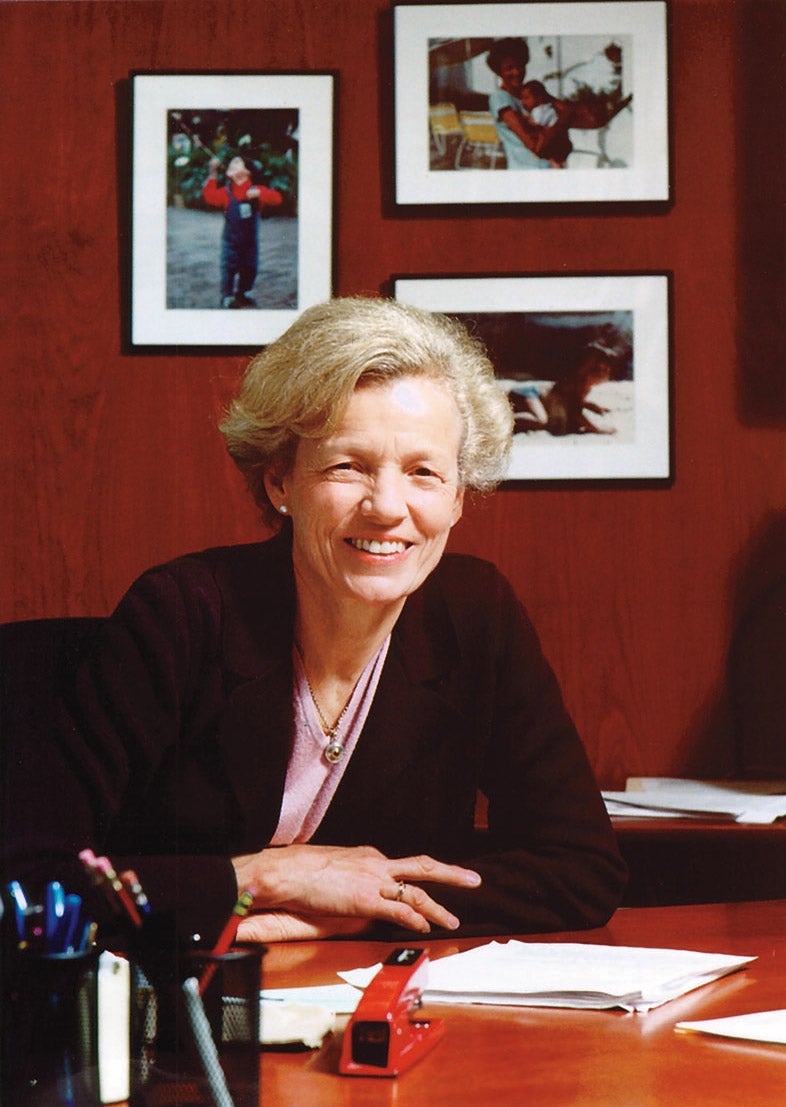Harvard Law School’s Child Advocacy Program (CAP) and the American Bar Association Center on Children and the Law will jointly host a conference on legal and policy issues affecting children and youth, to be held at HLS April 13-15.
The conference, Promoting Children’s Interests: Preparation, Practice and Policy Reform , is the first collaborative effort between CAP and the ABA, and will include workshops and plenary discussions on a wide range of innovative leagl strategies and policy reform programs. Organizers say it is aimed at attracting practitioners, policymakers, academics, social scientists, social entrepreneurs and representatives of nonprofit groups. Click here to register for the conference.
“We plan to bring people together from a wide range of careers and disciplines, and hope to open everyone’s minds to think creatively about how to change the child welfare system, the education system, and the juvenile justice system so that they function for kids,” said Professor Elizabeth Bartholet ’65, CAP’s faculty director. “We will have some of the foremost leaders in the child welfare field presenting cutting edge ideas and reform programs that have been proven to work for kids.”
Bartholet hopes that this collaboration between the ABA and Harvard Law School will serve as an important signal that children’s issues deserve and are beginning to to get some much-needed attention from the organized bar and from the legal academy.
The conference agenda reflects CAP’s multidisciplinary approach to the teaching of law relating to children’s issues. CAP courses are designed to educate students about the range of disciplines and career paths that are key to accomplishing change for children.
“We want to broaden students’ minds about how they might use their abilities to work for children, and get them thinking about the pros and cons of different strategies for achieving change,” said Bartholet.
One set of sessions at the conference will be devoted to bringing together representatives of child law programs at different law schools throughout the country to discuss the importance of such programs and compare goals. CAP’s own clinic is designed to expose students to a range of legal strategies for reform, with students placed both inside and outside the child welfare system, using both litigation and non-litigation methods of change.
“Coming into law school, I wasn’t sure how a lawyer could become a child advocate, what the issues are, or how to best effectuate change for the benefit of kids,” said Elisa Poncz ’07, who has been involved with CAP since she enrolled at HLS. “CAP has given me the academic foundation to understand the legal issues facing kids and the experience to see how these issues are played out in practice.”
